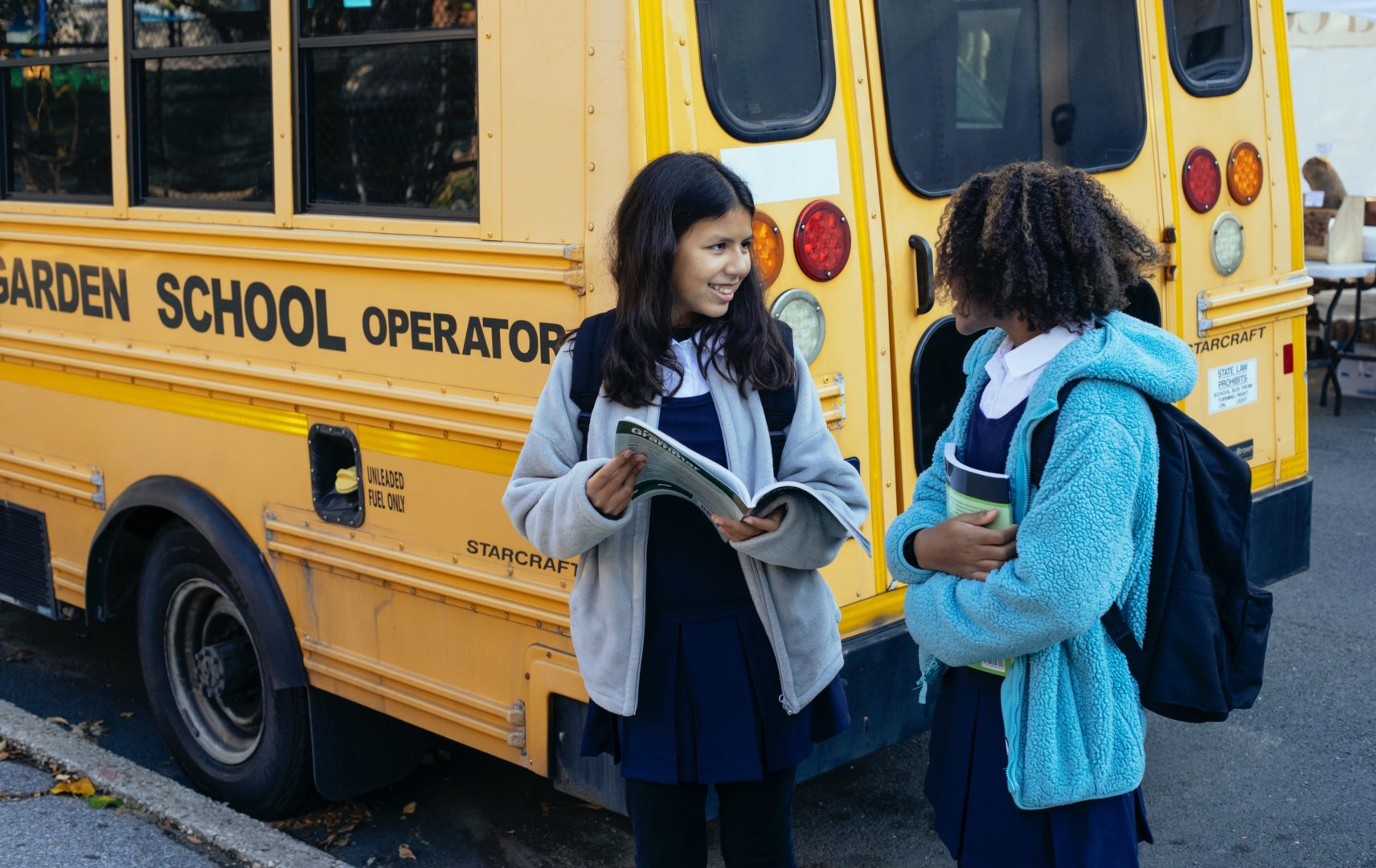Back-to-school transitions are typically challenging, for most kids and caregivers, and made all the harder when there is grieving involved. It is so important to give yourself and your family grace as you adjust to life after death, and below are strategies for working with the school to make adjusting smoother. You don’t have to do this alone!
- Talk openly with your child(ren) about what you’ll be sharing.
Let your child know that you will be sharing information with the school counselor, principal, and teacher. Ask if they would like to participate in the conversation and what they’re comfortable sharing with staff. If you have a child who is transitioning to a new school, let them know you will talk with the adults in the building that they may work with on a regular basis during the year. If your child is returning to the same school with returning staff, tell your child you’ll communicate with them so they can be supportive. This may be a previous teacher, office secretary, paraprofessional, or any adult in the building that your child has connected with in a previous year.
- Communicate openly with staff.
Talk to the school counselor (or point of contact) about any behavior changes that you may have observed at home and how they can support you and your child on the return to school. Ask about whether grief groups are offered in the school setting and, if so, how to enroll your child at an appropriate time. This will be an opportunity for your child to connect with peers who have also experienced a death. Be open to the communication shared by school staff and others. If additional counseling is recommended, ask for referrals for one-on-one or group therapy. This is normal and does not mean your child is broken.
- Use role play to talk to your child about peer relationships.
Once communication with school staff has taken place, talk with your child about conversations with friends and other students in your child’s school. Your child may not want to share information with others, or they may want to share everything. Use role play as a way to practice both scenarios so that your child feels comfortable saying, “I do not want to talk about it,” or your child can learn how to say aloud some of the details. As we as adults know, others can be more hurtful than helpful during times of grieving; use this scenario as another role-play opportunity so your child feels prepared if other kids say things that feel upsetting.
More tips to set yourselves up for success:
- If you are working with your child on acknowledging the death or sharing about the death, inform the school so that the staff can support the conversations and be an advocate for you and your child during the day.
- If your child is already seeing an outside therapist, consider providing a release so the school and therapist can communicate with each other to implement similar strategies and supports in the school setting.
- Talk with your child about coping strategies that may help them during the school day (there are plenty of grief-resources here). Create a list or use a journal to write some of the strategies so your child has a reminder during the day.
- Let your child know that feelings are normal, and talk about processing your own feelings so this is normal and not seen as bad. You both deserve to feel the emotions from the death and also still enjoy life, school, family, friends, and the day.
Lastly, continue to be patient and gentle with yourselves and each other. Ask for support when needed and use the school to support your child and family during this transition time. Different events and milestones may be triggering, and communication with the school may be beneficial in supporting your child in the days ahead.
 Alicia Firman completed her MSW at the University of Missouri – Columbia. Alicia has been involved in grief work since 2009 where she started as a camp counselor while completing her degree. She works full-time as a school social worker and teaches fitness classes on the side. Alicia is the Clinical Director for Experience Camps in Georgia. In her free time, she enjoys exploring new places, traveling, and being outside with her new puppy, Jasper.
Alicia Firman completed her MSW at the University of Missouri – Columbia. Alicia has been involved in grief work since 2009 where she started as a camp counselor while completing her degree. She works full-time as a school social worker and teaches fitness classes on the side. Alicia is the Clinical Director for Experience Camps in Georgia. In her free time, she enjoys exploring new places, traveling, and being outside with her new puppy, Jasper.
